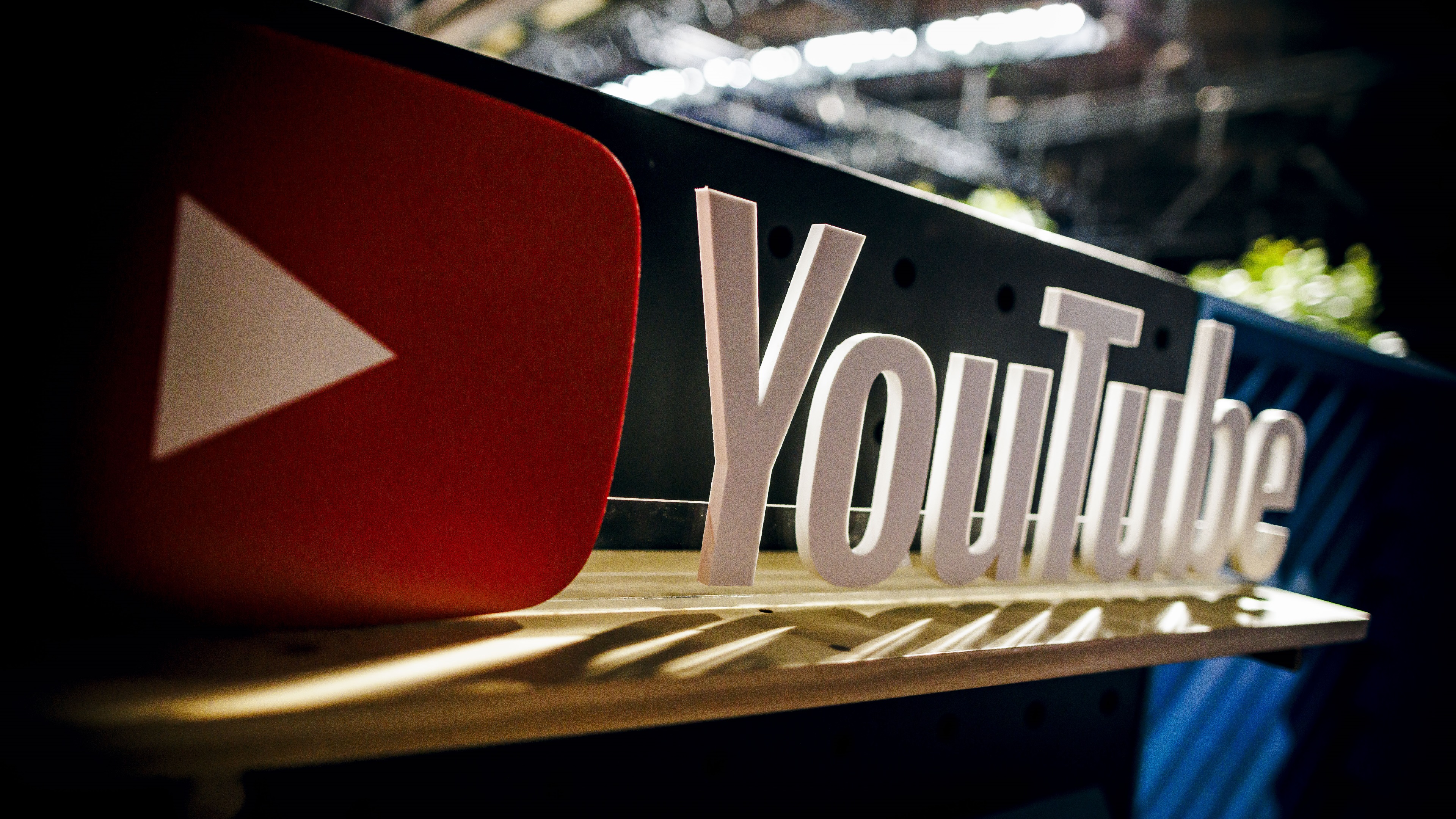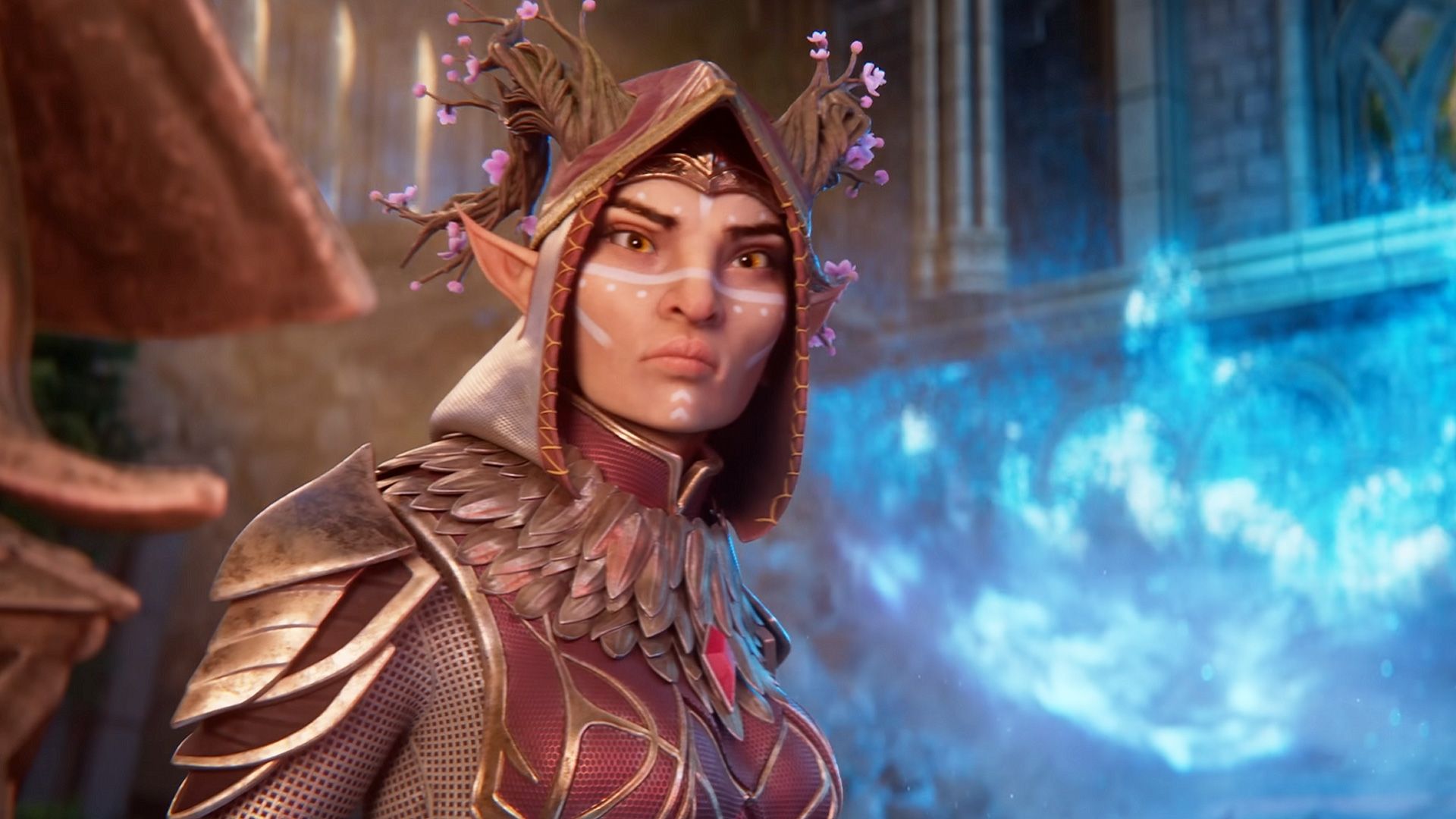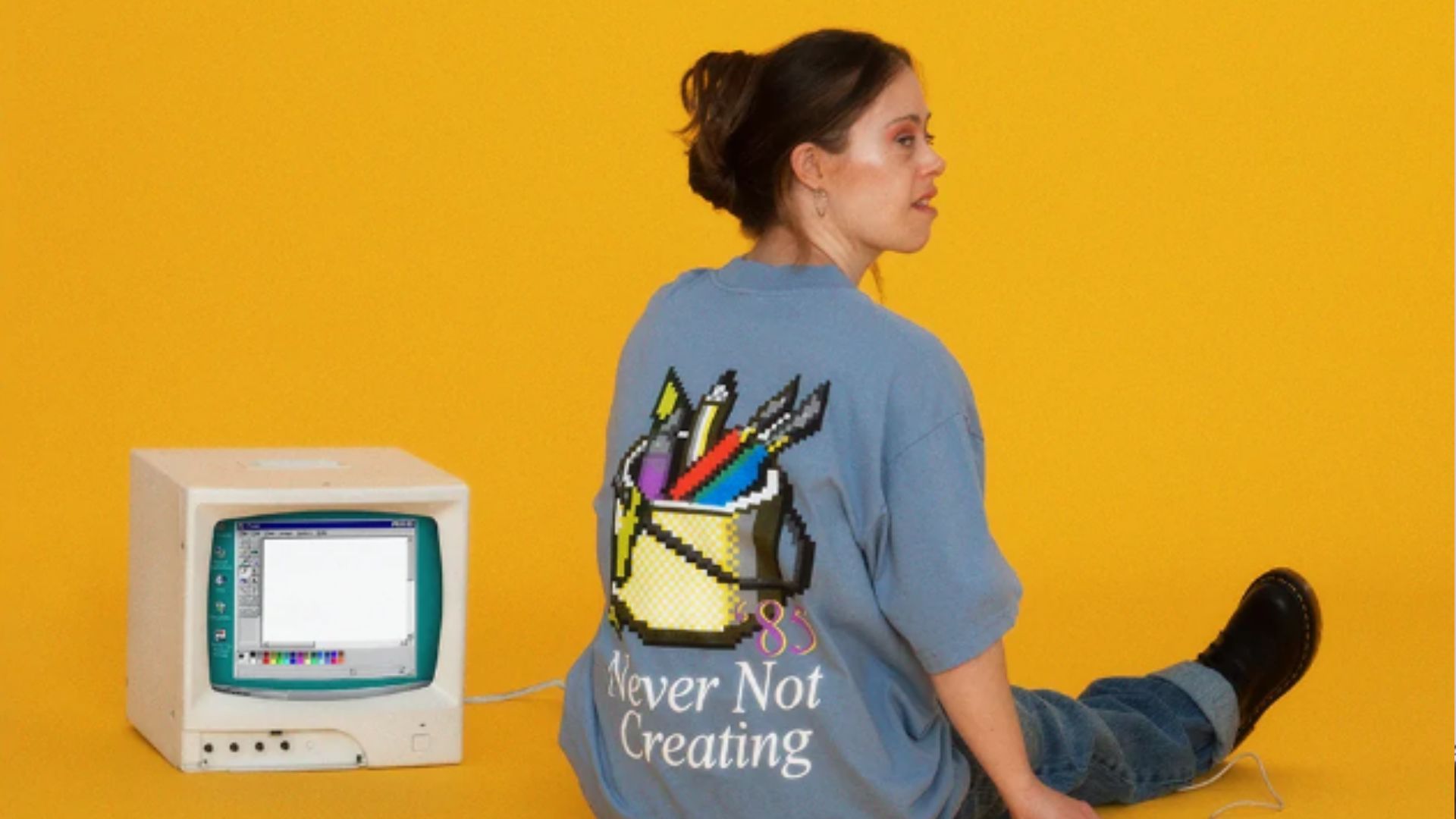As reported by The Wall Street Journal (users may encounter a paywall), Google is reportedly internally testing games to be added to the YouTube app and website. The WSJ cites an internal email discussing the endeavor as proof.
The WSJ mentions multiple games being available for testing by Google (YouTube’s parent company) employees, but only describes one in detail: “Stack Bounce.” It sounds like Brick Breaker, but I guess with a vertically oriented target instead of horizontal. Stack Bonce and the “Playables” name sound like a more arcadey, casual affair, but it’s not clear yet what the overall character or extent of the initiative is.
I don’t see much reason to be optimistic about it though, it feels like a hat on a hat. I go to YouTube to watch video reviews of games I already know I’ll like or taste tests of military rations, and the broad middle class of video creators who get anywhere from thousands to the low millions of viewers are often underserved by its moderation and monetization.
Well-liked videogame speedrun historian Summoning Salt suffered a series of Kafkaesque, contradictory moderation decisions on a Mega Man documentary. Salt’s video was slapped with a revenue and algorithmic discovery-killing “age-restricted” tag over some sparse, pretty PG-13 swearing by his subjects, while an investigation by the YouTuber himself turned up non-age-restricted videos with far more questionable content. YouTube support admitted a “mistake” and reversed the decision, only to have it reversed back just a week later.
In another recent example, prolific Souls series dataminer Zullie the Witch had an unmonetized tribute video to late Berserk creator Kentaro Miura fraudulently copyright striked over music from the Berserk anime in her video—seemingly by someone claiming ownership of a 2021 cover of the original 1997 song she used. Though the video itself was unmonetized, copyright strikes against a channel can also have long-lasting implications for monetization and discoverability.
YouTube branching out into lite arcade fare would be innocuous enough on its own, but it leaves a bad taste in my mouth to see such an endeavor when the artists and video creators that draw me to YouTube at all can have their livelihoods threatened by the platform they enrich. It also feels emblematic of a time when every app or social network feels the need to chase trends and introduce Snapchat-alike “stories” or TikTok-style short form, portrait-oriented video while their original, core functionality decays.
This rot of now-essential platforms ain’t going away either. The WSJ cites declining advertising revenue as a potential reason for the Playables endeavor, and the harsh realities of tech financing and CEOs’ frantic responses have resulted in recent moments of crisis like Reddit’s moderator rebellion or Twitch’s lightspeed 180 on streamer screen space restrictions.
Playables will likely find itself a vestigial and ignored outgrowth of YouTube’s main platform similar to Netflix’s own neglected games library, that is unless it gets pinned to the home page, jockeying for space with the videos you actually came to see like YouTube’s aforementioned TikTok-style “shorts.”





